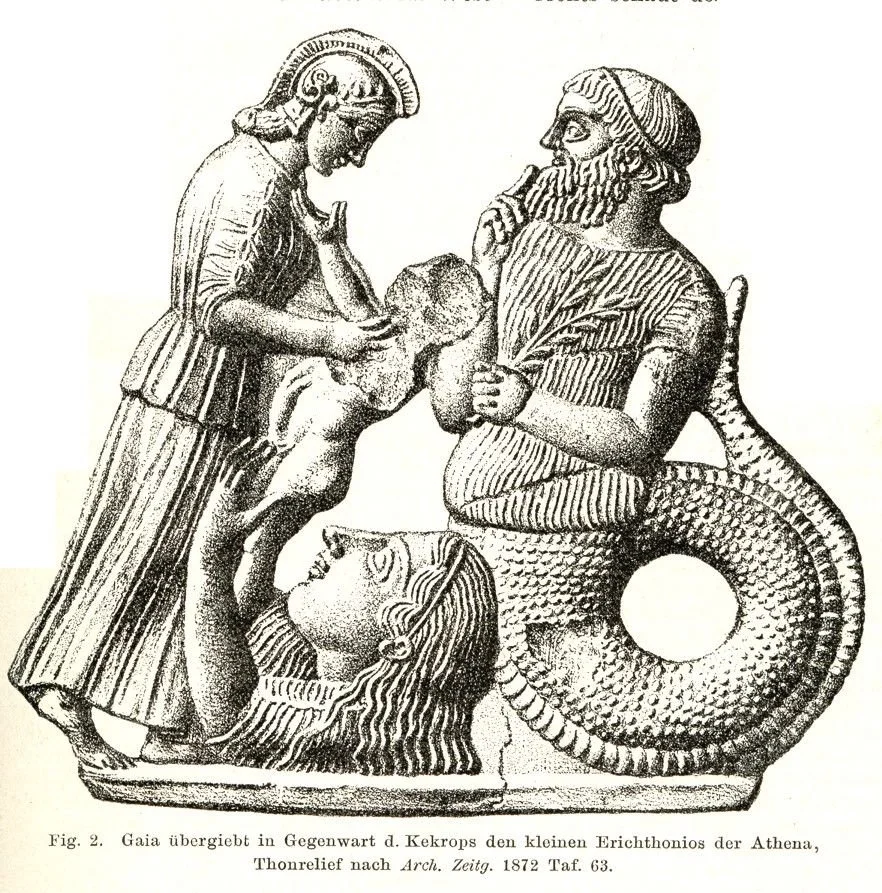So frequently are we discussing mental health problems and mental health conditions that the phrase mental health is acquiring severely negative connotations.
Read MoreI remember this discussion happening once before — that vegetarian or vegan sausages and burgers should not be referred to using these basic terms but rather described as tubes and discs. Enter the hero of the hour, Paul McCartney, who called for the ban to be dropped.
Read MoreIn a discussion on the attempts to curb the propensity of politicians to give jobs to their mates, I saw a reference to a plumb job. Some research online, even allowing for many jokes about plumbers getting plumb jobs, showed that there was a tendency to confuse plumb with plum.
Read MoreParticles are the little words that we used to class as prepositions. Goodness knows what they are called now. When they are used in conjunction with verbs, they fuse with the verb to create a compound verb with a new meaning.
Read MoreThe starting point is bat meaning ‘a stout piece of wood’ which surprisingly has an uncertain origin. It might be a French borrowing, it might be Old English but borrowed from French, it might be Celtic, it might be coined from the sound the stick makes. It is followed closely by batter to hit repeatedly which is a French borrowing. The two are obviously linked.
Read MoreA contributor noticed that one of Trump’s advisors claimed that Trump liked optionality. She queried the acceptability of optionality.
Read MoreIt is true that wieldy is a word that sounds very unwieldy but I was surprised to hear an ABC politics reporter using it in the sense of ‘awkward or difficult’.
Read MoreA friend of mine met this word for the first time in a conversation and instantly fell in love with it. Having played around with what we could do with it, adding autochthonousness, autochthonously, and autochthoneity to the possibilities, and devising sentences of mouth-wrenching difficulty, I settled down to look at it more seriously.
Read MoreSpare a thought for the words that disappear from use because the thing they represent becomes outmoded — the roneo, the gestetner, the Beta format cassette recorder tape, the curling iron.
Read MoreWe should not confuse words and use to install where we meant to instil, or vice-versa. The word install comes from the medieval Latin installarer to fix in place or put in position. Instil also comes from Latin from the verb instillare to put in by drops.
Read MoreHuman interactions with animals have given rise to many phrases in the English language. The creatures may be wild, domestic or farm animals but, over the centuries, we have observed their behaviour and made reference to them in various ways.
Read MoreThis morning I was invited to look at a wellness dashboard and make a comparance between my locality now and other localities of interest to me. Just as there is an ongoing debate about the acceptability of agreeance, perhaps we are about to have a similar discussion about the acceptability of comparance.
Read MoreThe objection is that of redundancy. If your sentence begins ‘The reason is … ‘ then because is simply a repetition since it means for the reason that.
Read MoreThis current difficulty is a mash-up of the phrases it pains me (to do something) and I am loath to (do something) with loath meaning ‘reluctant’.
Read MoreA misnomer is a name inappropriately applied to something of someone because it does not fit their nature. To call a bleak swamp Paradise Gardens is to give it a misnomer.
Read MoreWe used to be enamoured of various things, but in recent times a hesitancy has crept in about what the correct following particle should be. There are quite a few people who think that by is the right choice and that of sounds weird and with is not quite convincing.
Read MoreIf you have sympathy for someone you feel sorry for them because they are in a bad situation. Your sympathy is often expressed in words and gestures to show that you care. Used more generally, to sympathise with someone is to share their point of view, to agree with them.
Read MoreThe notion of the body as a mere case for the soul goes back to the 1600s in British English, but in the early 1900s to worry the soul case out of someone was an expression in Australian English, borrowed from southern American English but common enough here.
Read More


















